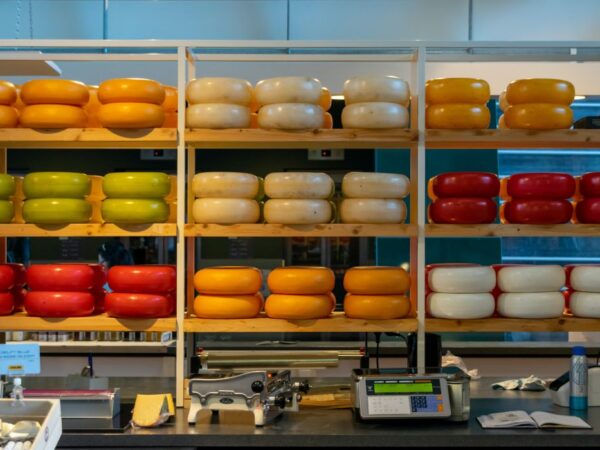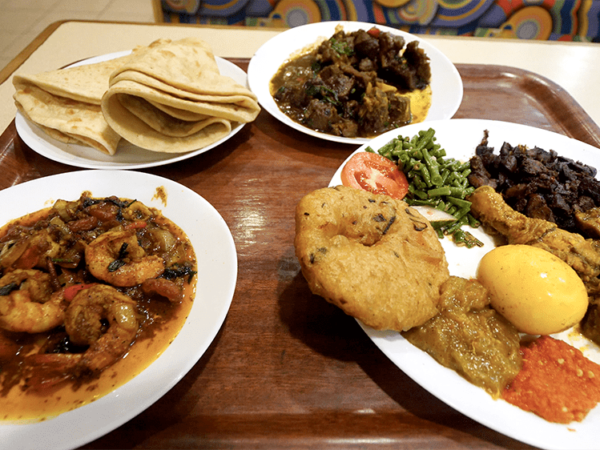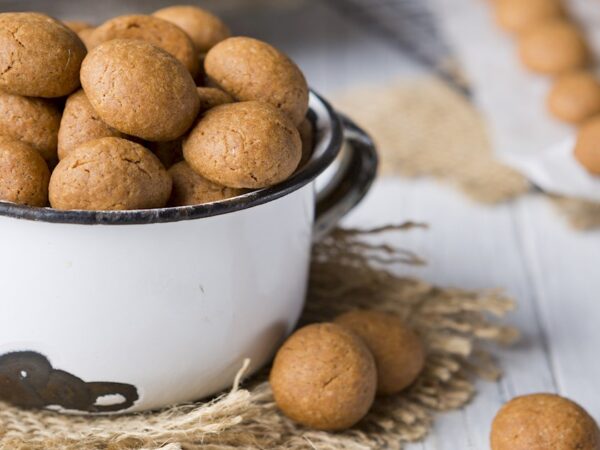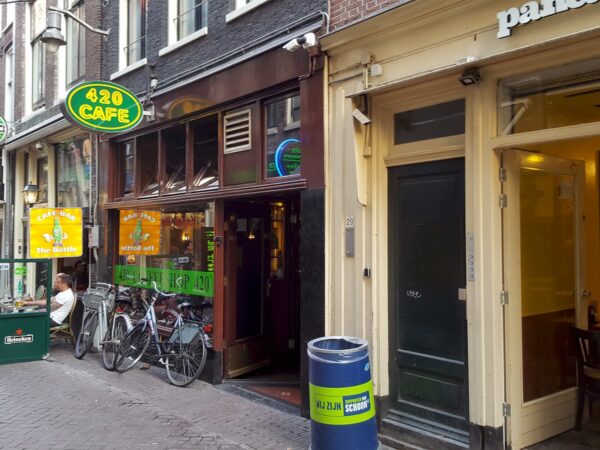When it comes to cheese, Holland has a well-earned global reputation. From its creamy texture to its robust flavors, Dutch cheese is a staple in kitchens and markets worldwide. Whether you’re an experienced cheese lover or someone new to the world of gourmet dairy, Holland’s offerings are nothing short of spectacular. But what makes cheeses from this small European nation so special? In this article, we’ll explore ten powerful reasons why cheeses from Holland stand out on the world stage.
Cheeses from Holland Are Rooted in Tradition
Cheeses from Holland have centuries of history behind them. Dutch cheese making traditions date back to as early as the Middle Ages, and these age-old practices are still in use today. Farmers from Holland perfected the art of producing cheese using natural ingredients and traditional methods that have been passed down from generation to generation. This long history ensures that every wheel of cheese from Holland offers consistency and a level of craftsmanship that few other countries can match.
Cheeses from Holland Use High-Quality Milk
One of the key reasons why cheeses from Holland are superior is the quality of the milk used in their production. Dutch cows, primarily the iconic Holstein Friesians, are known for their rich and creamy milk, which is the foundation for many popular cheeses. Holland’s lush, green pastures and cool climate allow for the production of high-quality, nutrient-rich milk. This results in cheese that is not only rich in flavor but also packed with nutrients like calcium, protein, and vitamins.
The Iconic Gouda: A World Favorite
Gouda is one of the most famous cheeses from Holland, and for good reason. This semi-hard cheese, with its mild yet distinctive taste, is enjoyed by cheese lovers everywhere. The versatility of Gouda—whether young and creamy or aged and crumbly—makes it an international favorite. Gouda is an excellent table cheese but also perfect for melting in dishes, grating on salads, or snacking on with fruits. The range of flavors and textures in Gouda means there’s something for every palate.
Cheeses from Holland Offer Diverse Varieties
Holland offers far more than just Gouda. From Edam, another iconic Dutch cheese, to lesser-known varieties like Leyden (flavored with cumin seeds) and Maasdam (similar to Swiss cheese), there is a Dutch cheese for every occasion and taste preference. These varieties are made using unique techniques, giving them flavors and textures that distinguish them from cheeses of other countries. The diversity ensures that every cheese enthusiast can find a Dutch cheese to fall in love with.
Aging Process Brings Out the Best Flavors
Dutch cheese makers are renowned for their meticulous aging processes, which contribute to the exceptional flavors of cheeses from Holland. Aging, or “ripening,” allows the cheese to develop complex flavors and textures over time. For example, young Gouda is mild and creamy, while aged Gouda develops caramel-like notes and a firmer texture. Edam, similarly, becomes sharper and more intense as it ages. The care and precision involved in the aging process ensure that every cheese from Holland reaches its full potential.
Sustainable and Eco-Friendly Practices
In recent years, the cheese industry in Holland has made significant strides in adopting sustainable and eco-friendly practices. Dutch farmers are increasingly using renewable energy, reducing water consumption, and implementing more ethical treatment of animals. These practices not only ensure better quality cheese but also contribute to a healthier planet. For eco-conscious consumers, choosing cheeses from Holland means enjoying delicious dairy products while supporting sustainability efforts.
Cheeses from Holland Are Widely Available Globally
Thanks to the high demand for Dutch Cheese, they are widely available in supermarkets, specialty stores, and online retailers around the world. Whether you’re in Europe, North America, or Asia, chances are you’ll be able to find a quality Dutch cheese on the shelves. This accessibility makes it easy for cheese lovers everywhere to enjoy authentic Dutch Cheese, no matter where they are.
Dutch Cheese Markets and Festivals Celebrate Cheesemaking Heritage
Cheese markets and festivals are an integral part of Dutch culture. Towns like Alkmaar, Gouda, and Edam host world-famous cheese markets where visitors can watch traditional cheese trading and sample a variety of Dutch cheeses. These events are not just for show—they offer a window into the country’s rich cheesemaking history. The festivals also provide an opportunity for local cheese makers to showcase their latest creations, allowing visitors to experience the very best Dutch Cheese.
Nutritional Benefits of Dutch Cheese
Cheeses from Holland are not only delicious but also highly nutritious. Dutch cheeses are rich in protein, calcium, and essential vitamins like B12. They provide an excellent source of healthy fats, which are important for heart and brain health. For those who are lactose intolerant, aged Dutch cheeses, such as aged Gouda, contain lower levels of lactose and may be easier to digest. The nutritional benefits make Dutch cheeses a great addition to a balanced diet.
Dutch Cheese Makers Are Constant Innovators
Dutch cheese makers are not content with resting on their laurels. In addition to preserving tradition, they are constantly innovating, experimenting with new flavors, aging techniques, and milk types. Some cheesemakers have begun producing organic and vegan cheese varieties, catering to modern dietary trends. This blend of tradition and innovation ensures that Dutch Cheese continues to evolve, offering fresh and exciting flavors for generations to come.
Conclusion
From their centuries-old traditions to their innovative new techniques, the cheeses from Holland are truly world-class. Whether it’s the smooth, creamy texture of young Gouda or the nutty, caramelized flavors of aged Edam, Dutch cheeses offer something for everyone. Their global availability, exceptional quality, and rich heritage make them the best in the world. When you enjoy a cheese from Holland, you’re not just indulging in a tasty treat—you’re savoring centuries of craftsmanship, innovation, and passion.
FAQs
Q1. What is the most popular cheese from Holland?
The most popular cheese from Holland is Gouda. It is one of the oldest and most versatile cheeses in the world, loved for its creamy texture and rich flavor, which intensifies as it ages.
Q2. Are Dutch cheeses suitable for vegetarians?
Many Dutch cheeses are suitable for vegetarians, but it’s always best to check the label. Some cheeses may use animal rennet, so look for ones made with microbial or vegetarian rennet.
Q3. How long can I store Dutch cheese?
Cheeses from Holland can be stored for varying lengths depending on the type. Soft and young cheeses like young Gouda should be consumed within a few weeks, while aged cheeses like aged Edam can last several months if properly stored in a cool, dry place.
Q4. What’s the best way to serve Dutch cheese?
Dutch cheeses can be served in various ways: sliced on sandwiches, melted into dishes, paired with fruits and nuts on a cheese board, or simply enjoyed on their own. Aged cheeses are best served at room temperature to fully appreciate their flavor.
Q5. Can I visit cheese markets in Holland?
Yes! Cheese markets in towns like Gouda, Alkmaar, and Edam are open to the public and are a great way to experience Dutch cheese culture firsthand. These markets often feature demonstrations of traditional cheese weighing and trading, as well as plenty of samples!
Also read: Ons Lieve Heer op Solder: 10 Reasons Why It’s a Must-Visit Gem in Amsterdam












